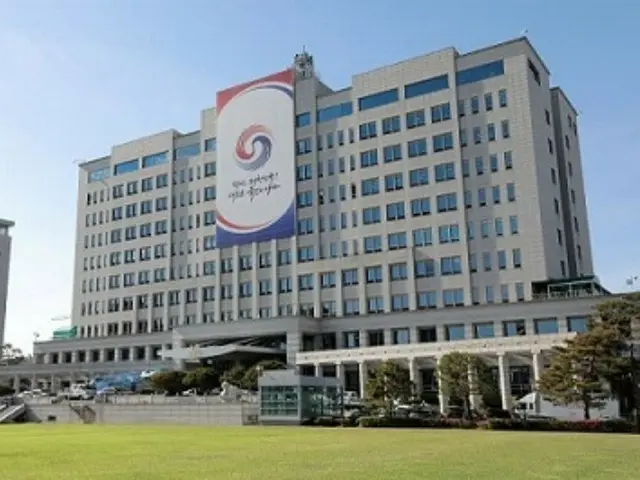A senior official from the presidential office met with reporters at the Yongsan presidential office that afternoon and commented on the situation at the emergency room, "The gap is at its worst.
The government is making various efforts to reduce the number of cases. The source also said, "The problem of emergency room staff being passed around is rooted in the doctor shortage that has been building up for the past 30 years.
"Unless we address the issue of patients with mild symptoms and non-emergency patients going directly to advanced general hospitals, the suffering of patients and the public will continue," he said.
Currently, there are 408 emergency medical institutions nationwide, and 24-hour medical care is partially restricted.
The number of locations affected is now three. The official said, "Two locations are expected to return to normal, and the remaining one will likely be resolved soon with the local government stepping in."
In addition, regarding the strike by the health care union scheduled for the 29th, "The government is making efforts to coordinate so that the strike does not actually take place.
"Even if it does enter the quarantine, it will be limited to 63 workplaces, and essential functions will be maintained according to the law, so medical services will not be paralyzed," he stressed.
Meanwhile, the President's Office has also shown its unwavering determination to increase the number of medical school staff.
The official said, "There is an absolute shortage of doctors. With an elderly population of 10 million, medical demand is increasing rapidly, and there is a shortage of doctors, so we need to increase the number of doctors.
"It will be the basis and foundation of medical reform," he explained. He continued, "There are claims that the 2,000-person increase is too much and should be adjusted, and this issue has led to an increase of more than 10,000 resident doctors.
"The government is responsible for the issue of labor supply and demand, and this is not something that can be negotiated with the medical community and compromised without any basis," he said.
He added, "This is not something the medical community can decide. The government must accurately measure various data, evidence, future prospects, and other such things.
"This is a matter for us to decide responsibly and not negotiate," he said. "If there are different ideas on the scale of the increase, we must provide the basis and calculation method for that number.
"I think that only when these issues are presented together can we have a rational discussion when we hold another meeting. Even now, if we gather opinions and proposals and present them, we will be able to confirm our thoughts," he added.
2024/08/26 20:48 KST
Copyrights(C) Herald wowkorea.jp 83

